Mastering GPT Customization: 20 Key Instructions for Cutting-Edge AI Applications
Looking to customize your GPT for advanced applications? Want to know the key instructions for optimizing AI performance? You’ve come to the right place.
This guide is perfect if you’re:
- Seeking to enhance your GPT’s capabilities
- Interested in cutting-edge AI applications
- Looking for specific instructions to improve AI performance
- Wanting to stay ahead in the rapidly evolving field of AI
We’ll cover 20 essential instructions for GPT customization, including:
- Fine-tuning techniques for specific tasks
- Optimizing input prompts for better outputs
- Implementing context window strategies
- Balancing generalization and specialization
- Enhancing AI safety and ethical considerations
Whether you’re an AI developer, researcher, or enthusiast, these instructions will help you push the boundaries of what’s possible with GPT technology.
Let’s dive into the world of advanced GPT customization and explore how you can create more powerful, efficient, and tailored AI applications.
Main Features of Mastering GPT Customization
- Domain-Specific Knowledge Enhancement: The article emphasizes the importance of tailoring GPTs to become experts in specific fields such as finance, healthcare, or technology, ensuring they stay updated with the latest trends and developments.
- Multilingual Capabilities: It highlights the expansion of GPT’s language proficiency to increase its effectiveness and global applicability, catering to a diverse audience.
- Complex Concept Simplification: The article discusses customizing GPTs to simplify intricate subjects, making advanced ideas accessible to a broader audience.
- Emotional Intelligence: Enhancing GPTs to recognize and respond to emotional cues, improving communication in customer service or therapeutic contexts.
- Real-Time Data Analysis: Programming GPTs for analyzing and interpreting real-time data provides immediate, actionable insights in various scenarios.
- Automated Content Creation: Tailoring GPTs for specific content creation needs like blogging or scriptwriting can revolutionize content production.
- Ethical Decision-Making Algorithms: Integrating ethical guidelines into GPTs ensures responsible decision-making in critical areas.
- Cybersecurity Threat Analysis: Enhancing GPTs for identifying and responding to cybersecurity threats protects digital assets.
- Interactive Learning and Project Development: Adapting GPTs for personalized learning experiences and project planning support.
- Health, Wellness, and Creative Arts Assistance: Programming GPTs for roles in healthcare advisory, fitness coaching, and creative arts.
- Sustainability and Environmental Modeling: Customizing GPTs for environmental data analysis and promoting sustainable practices.
- E-commerce and Customer Service Optimization: Enhancing user experience in e-commerce and customer support through GPT customization.
Expanding Domain Knowledge: The Foundation of AI Expertise
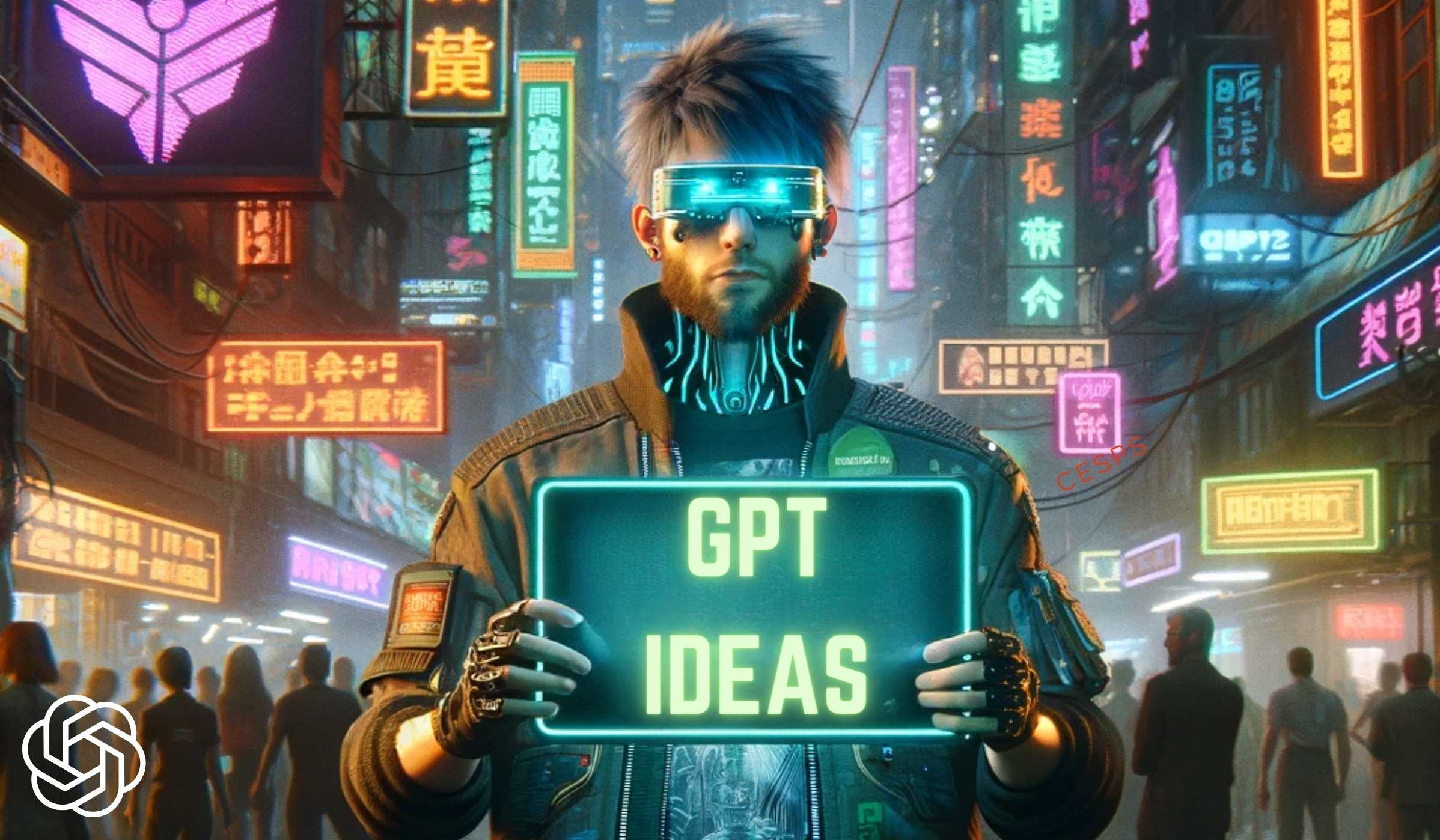
8 Popular GPTs To Use For Free
- Global GPT Finder – Discover GPT Models Worldwide link.popularaitools.ai/find-any-gpt-in-the-world – A comprehensive tool for finding and accessing various GPT models around the world.
- ChatGPT Blogging Assistant – Enhancing Blogs with AI link.popularaitools.ai/chatgpt-faq-keyword-blogs-terms – This tool aids in optimizing blog content using ChatGPT, focusing on effective keyword usage and FAQs.
- Twitter Optimization with GPT link.popularaitools.ai/optimize-tweets-gpt – Enhance your Twitter strategy using this AI tool for better tweet engagement and reach.
- AI SEO Coach – GPT for SEO Improvement link.popularaitools.ai/seo-mentor-gpt – Leverages AI to provide guidance and best practices for optimizing search engine rankings.
- GPT Prompt Enhancement Tool link.popularaitools.ai/chatgpt-prompt-perfector – Specializes in refining and improving the efficacy of ChatGPT prompts.
- AI Blog Title Generator – ChatGPT Powered link.popularaitools.ai/chatgpt-blog-click-magnet – Uses AI to generate compelling and clickable titles for blog posts.
- GPT-Driven GIF Creation Tool link.popularaitools.ai/gif-maker-gpt – A creative tool for designing and optimizing GIFs with the help of AI.
- YouTube Video Transcription via GPT link.popularaitools.ai/youtube-gpt-transcriber – Offers an AI-driven solution for transcribing YouTube videos accurately and efficiently.
1. Domain-Specific Knowledge Enhancement: Tailoring your GPT to become an expert in specific fields like finance, healthcare, or technology is crucial. This involves programming your AI to continuously update its knowledge base, ensuring it stays abreast of the latest developments and trends in your chosen domain.
2. Multilingual Capabilities: Expanding your GPT’s language proficiency can dramatically increase its global applicability and effectiveness, allowing it to cater to a diverse audience.
Simplifying Complex Concepts: Making AI Accessible to All
3. Complex Concept Simplification: Customizing your GPT to break down and explain intricate subjects in simple, understandable terms is essential for making advanced ideas accessible to a broader audience.
4. Emotional Intelligence: Enhancing your GPT’s ability to recognize and respond to emotional cues can lead to more empathetic and effective communication, especially in customer service or therapeutic contexts.
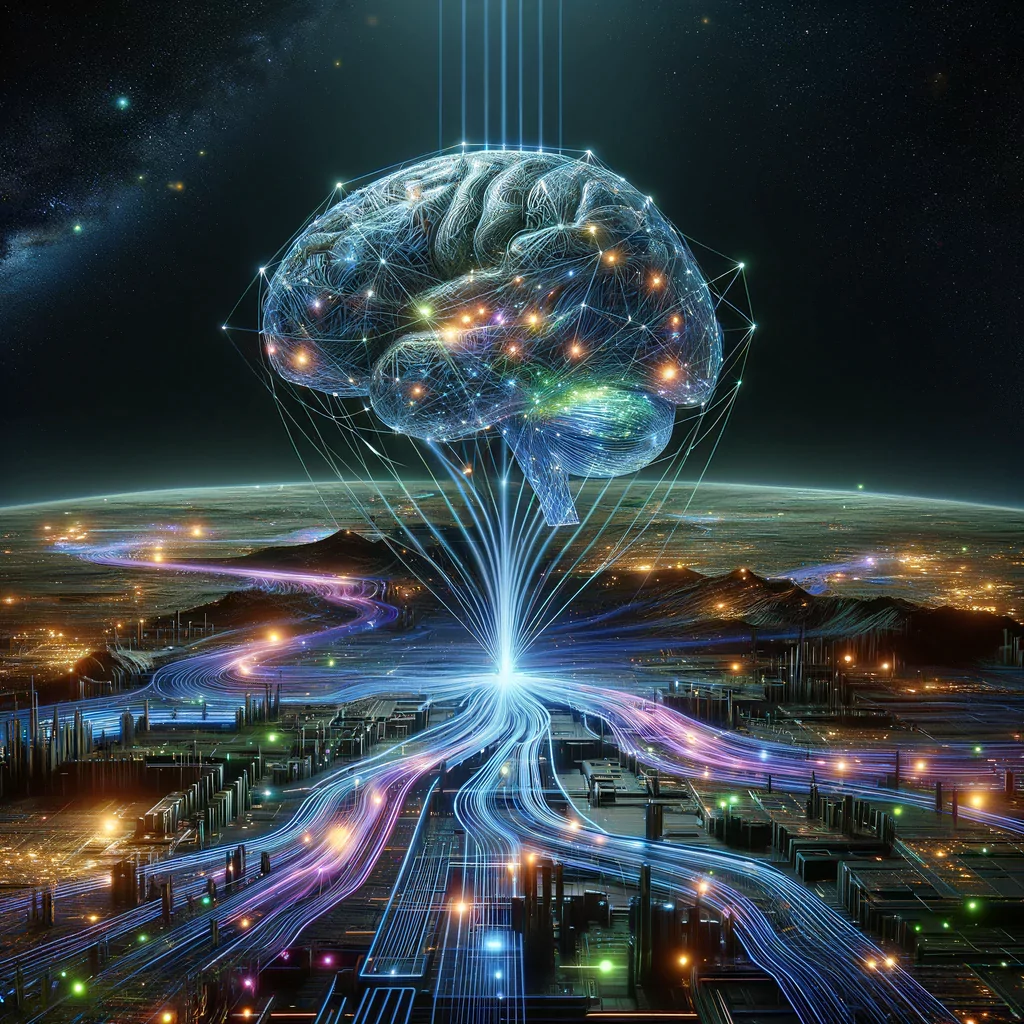
Real-World Applications and Case Studies: Bringing AI to Life
5. Real-Time Data Analysis: Programming your GPT to analyze and interpret real-time data can provide immediate, actionable insights in various scenarios, from financial markets to social media trends.
6. Automated Content Creation: Tailoring your GPT for specific content creation needs, such as blogging, scriptwriting, or technical documentation, can revolutionize how content is produced and disseminated.
Ethical Considerations in AI: Navigating the Moral Landscape
7. Ethical Decision-Making Algorithms: Integrating ethical guidelines into your GPT is paramount in ensuring responsible decision-making, especially in areas with significant societal impacts like healthcare or law enforcement.
8. Cybersecurity Threat Analysis: Enhancing your GPT’s capabilities in identifying and responding to cybersecurity threats is crucial in safeguarding digital assets and information.
Industry-Specific Insights and Future Trends: Tailoring AI for Success
9. Market Trend Analysis: Customizing your GPT to analyze market data and predict trends can provide invaluable insights for businesses, helping them to stay ahead in their respective industries.
10. Legal Research and Analysis: Tailoring your GPT for legal research, case analysis, and document drafting can revolutionize the way legal professionals access and process information, making legal services more efficient.

Interactive Learning and Project Development: Enhancing AI Engagement
11. Personalized Learning Experiences: Adapting your GPT to offer customized learning paths based on individual user data can transform the educational landscape, making learning more personalized and effective.
12. Interactive Gaming Experiences: Developing your GPT to create dynamic, responsive gaming environments can lead to more engaging and immersive gaming experiences.
13. Project Development Guidance: Customizing your GPT to assist in project planning and execution can provide valuable insights and support, enhancing innovation and efficiency in project development.
Health, Wellness, and Creative Arts: Expanding AI’s Horizons
14. Healthcare Assistance: Programming your GPT for medical advisory roles, such as interpreting symptoms and providing health advice, can augment the capabilities of healthcare professionals.
15. Fitness and Wellness Guidance: Developing your GPTs to offer personalized fitness coaching and wellness advice can revolutionize how individuals approach their health and fitness goals.
16. Creative Arts Assistance: Tailoring GPTs to assist in creative endeavors like music composition, graphic design, or writing can open up new avenues for artistic expression and collaboration.
Sustainability and Environmental Modeling: AI for a Better World
17. Sustainability and Environmental Modeling: Customizing your GPT for environmental data analysis and sustainability modeling can aid in addressing critical environmental challenges and promoting sustainable practices.
18. Historical Data Interpretation: Programming your GPT to analyze and interpret historical data can provide unique insights for educational and research purposes, enhancing our understanding of the past.

E-commerce and Customer Service: Enhancing User Experience
19. E-commerce Optimization: Customizing your GPT for personalized shopping experiences and product recommendations can transform the e-commerce landscape, making shopping more tailored and efficient.
20. Customer Service Optimization: Tailoring your GPT for efficient, personalized customer support can significantly improve the customer service experience, making it more responsive and effective.
Using GPTs for AI Video Editing
Revolutionizing Video Production
Generative Pre-trained Transformers (GPTs) are transforming the landscape of video editing, offering innovative tools and solutions that streamline the creative process. With AI-driven platforms like Filmora and Virbo, video editing is becoming more accessible and efficient.
Key Innovations
- Integration with GPTs: Tools like Filmora have integrated ChatGPT API, enabling users to generate video scripts, titles, and descriptions effortlessly.
- AI Video Generators: A range of AI video generators, including Filmora, Synthesia, Steve AI, Synths Video, and Deepbrain AI, offer diverse functions, advantages, and pricing options.
- Creating Videos with AI Tools: Filmora’s AI tools simplify video creation, featuring AI portrait, smart cut-out, audio stretch, and denoise features.
Insights
- AI in Video Scripting: GPTs significantly enhance the efficiency of video scripting, making the creative process more streamlined.
- Diverse AI Video Tools: The variety of tools available indicates a growing trend in AI-assisted video production, catering to different creative needs.
- Enhancing Video Editing: AI tools not only simplify video editing but also open up new possibilities for creativity and professional-quality outputs.
Using GPTs for Marketing Automation
Streamlining Marketing Efforts
ChatGPT, an AI-powered chatbot developed by OpenAI, is revolutionizing marketing automation. Its integration across various platforms like Facebook Messenger, WhatsApp, and websites offers a seamless customer experience.
Key Benefits
- Personalization: ChatGPT leverages customer data to provide personalized product recommendations and promotions.
- 24/7 Availability: The chatbot’s constant availability ensures continuous support and assistance.
- Cost-Effectiveness: ChatGPT handles multiple customer interactions simultaneously, reducing labor costs.
- Improved Lead Generation: The chatbot collects valuable customer information, aiding in targeted marketing campaigns.
- Increased Efficiency: ChatGPT takes over routine tasks, allowing human staff to focus on critical tasks like sales and marketing strategy.
Insights
- Revolutionizing Customer Interaction: ChatGPT’s integration in marketing automation marks a significant shift in business-customer interactions.
- Strategic Implementation: Effective use of ChatGPT involves setting clear goals, choosing the right platform, creating an effective chatbot, and continuous performance monitoring.
Using GPTs for Content Creation
Transforming Content Production
Chat GPT is reshaping content creation, aiding in overcoming writer’s block, enhancing content quality, and generating diverse text formats.
Key Features
- Overcoming Writer’s Block: Chat GPT acts as a virtual writing partner, offering real-time suggestions and inspiration.
- Enhancing Content Quality: The tool assists in sentence restructuring, grammar improvement, and vocabulary enhancement.
- Creative Text Formats: Chat GPT’s capabilities extend to producing various text formats like poetry, scripts, and immersive storytelling.
Insights
- Transformative Influence: Chat GPT is revolutionizing content production by offering diverse styles and improving quality.
- Ethical Integrity: Addressing challenges like plagiarism is crucial in AI-assisted content creation.
- Future Prospects: Continuous advancements in Chat GPT are leading to more sophisticated writing techniques and domain-specific knowledge.
Using GPTs for Social Media Management
Enhancing Social Media Marketing
ChatGPT, an AI-powered chatbot, is a valuable tool for social media managers, enhancing marketing efforts through creative content generation and improved writing quality.
Key Applications
- Content Production: ChatGPT aids in writing posts, scripting videos, podcasts, and compiling response templates.
- Efficiency and Quality: The tool improves the speed and quality of content production, offering fresh ideas and perspectives.
- Practical Uses: ChatGPT can be used for tasks like writing captions for Instagram, crafting LinkedIn articles, composing tweets, and more.
Insights
- AI as a Strategic Tool: ChatGPT is a valuable asset for social media managers, helping them meet the industry’s fast-paced demands.
- Balancing AI and Human Input: While ChatGPT generates content, human review and editing are crucial to ensure accuracy and brand alignment.
- Training and Contextualization: Providing detailed context and training the AI leads to more accurate and relevant content generation.
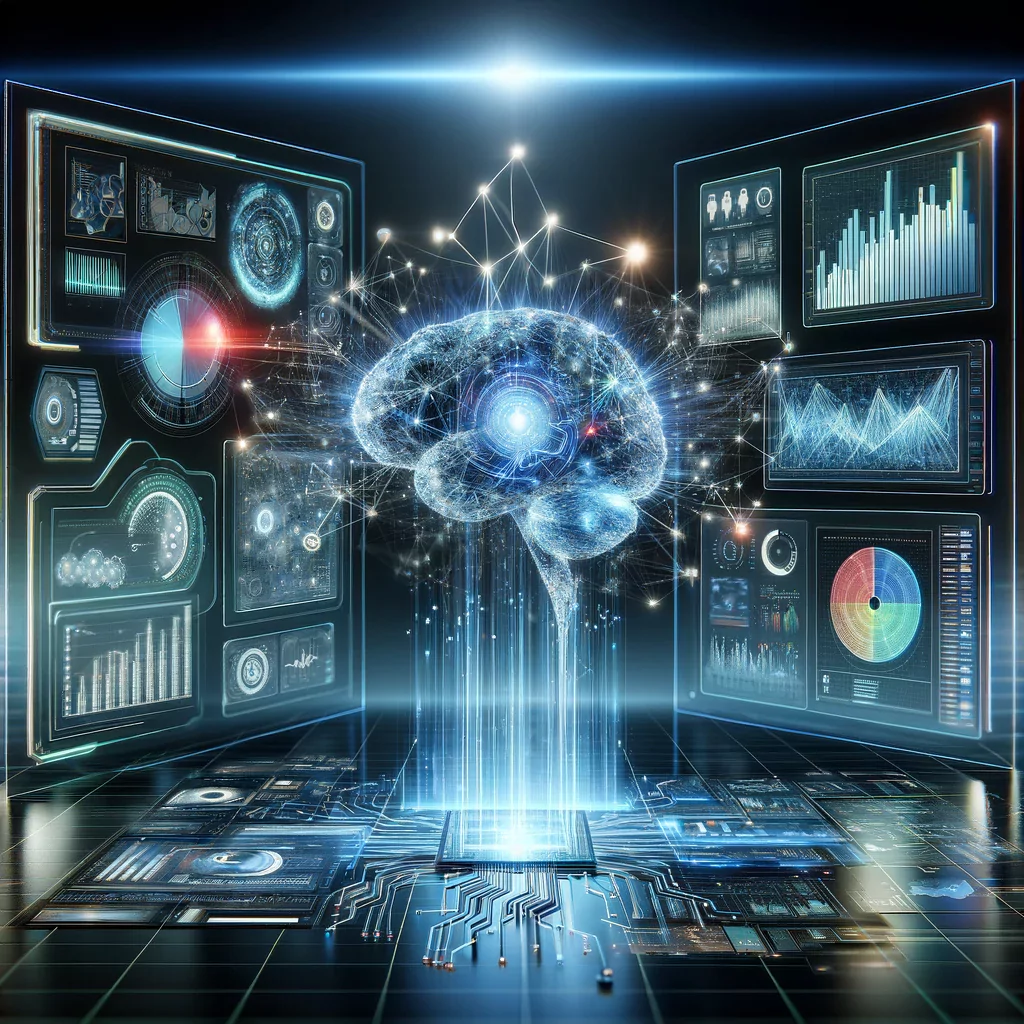
Leveraging OpenAI GPTs for Diverse Applications
The versatility of OpenAI GPTs extends far beyond basic AI tasks, encompassing a wide range of applications that are revolutionizing industries and creative processes.
GPTs for Business Growth
In the realm of business, GPTs are becoming indispensable tools. By analyzing market trends and consumer behavior, they provide insights that drive strategic decisions, leading to substantial business growth. Their ability to process vast amounts of data and extract meaningful patterns is invaluable for companies looking to stay competitive in a rapidly changing market.
GPTs for Creative Writing
For creative writing, GPTs are breaking new ground. They assist writers in overcoming writer’s block, generating ideas, and even crafting entire narratives. This capability is not just a boon for writers but also for content creators across various media, offering a new way to approach storytelling and content creation.
GPTs for Coding Assistance
In the field of software development, GPTs are emerging as powerful allies. They assist programmers by suggesting code snippets, debugging, and even writing entire sections of code. This not only speeds up the development process but also enhances the quality of the code, making it more efficient and robust.
GPTs for Research and Analysis
GPTs are also transforming the way research and analysis are conducted. By quickly processing and synthesizing large datasets, they provide researchers with insights that would take much longer to uncover manually. This capability is particularly valuable in fields like science, market research, and social studies.
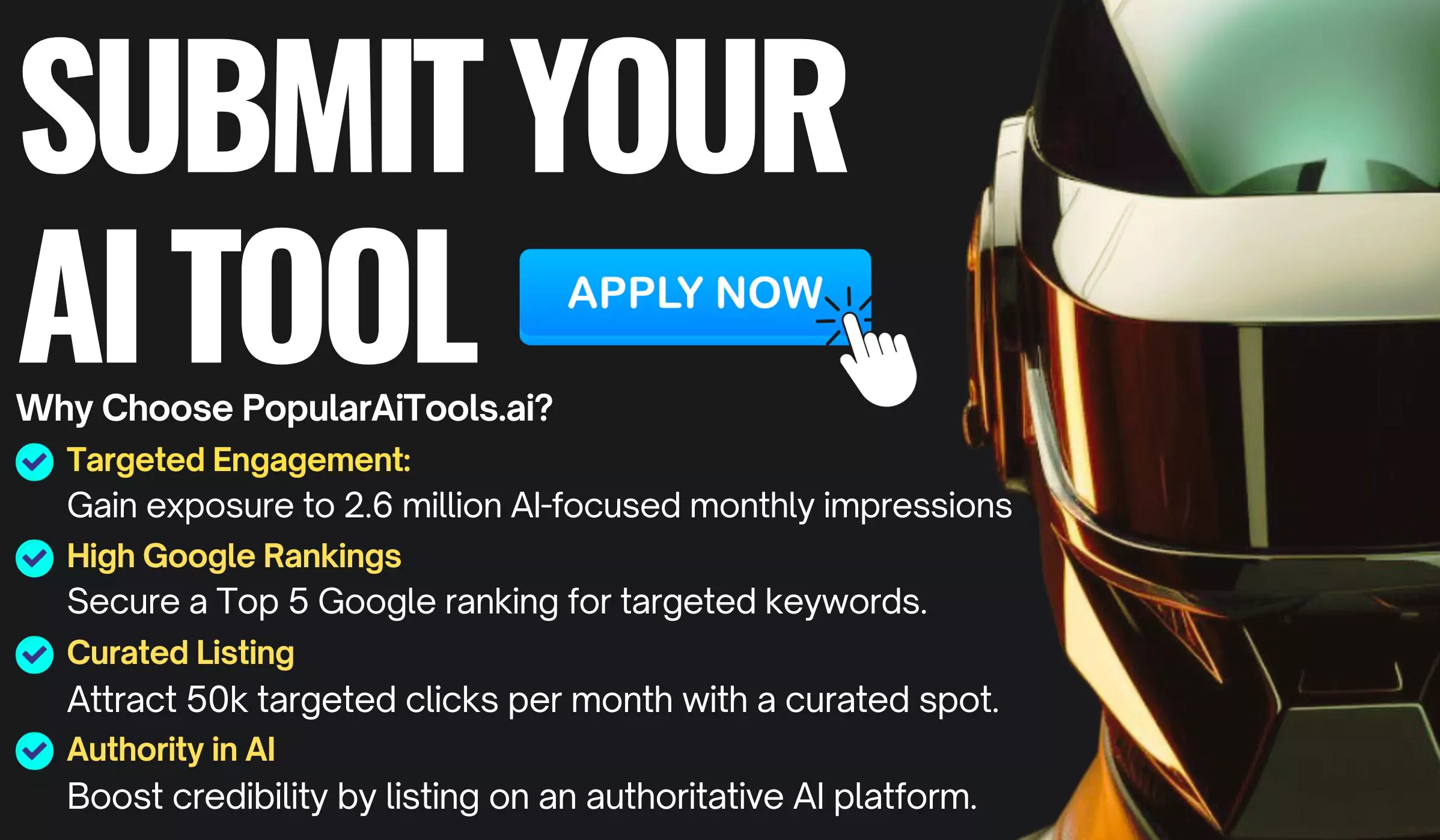
GPTs for Data Manipulation
Data manipulation, a critical task in many industries, is another area where GPTs excel. They can sort, organize, and interpret data, turning raw numbers into actionable insights. This ability is crucial for data-driven decision-making and strategy formulation.
GPTs for Language Translation
Language translation is another domain where GPTs are making significant strides. They are not just translating words but also capturing cultural nuances and idiomatic expressions, making cross-cultural communication more seamless and accurate.
GPTs for Sentiment Analysis
Finally, GPTs are adept at sentiment analysis, a vital tool in understanding customer feedback, social media trends, and market sentiment. By analyzing the tone and context of textual data, GPTs provide businesses with a deeper understanding of their audience’s perceptions and attitudes.
Using GPTs for Customer Service Chatbots
Enhancing Customer Interactions
Generative Pre-trained Transformers (GPTs) are revolutionizing customer service by powering sophisticated chatbots. These AI-driven chatbots can handle a wide range of customer interactions, from addressing complaints to providing product information, with a level of sophistication that closely mimics human conversation.
Key Advantages
- Automated Response Generation: GPTs can quickly generate responses to customer inquiries, ensuring timely and efficient communication.
- Personalized Customer Experience: By analyzing customer data, GPTs can offer personalized recommendations and solutions, enhancing the overall customer experience.
- 24/7 Availability: GPT-powered chatbots are available around the clock, providing constant support to customers across different time zones.
- Cost-Effective: They reduce the need for a large customer service team, leading to significant cost savings for businesses.
- Multilingual Support: GPTs can communicate in multiple languages, making them ideal for global businesses.
Implementing GPTs in Customer Service
To effectively integrate GPTs into customer service, businesses should focus on training the AI with relevant data, ensuring it aligns with the brand’s voice and values. Regular monitoring and updates are crucial to maintain the effectiveness and accuracy of the responses.
Future of Customer Service
The integration of GPTs in customer service is just the beginning. As AI technology continues to advance, we can expect even more sophisticated and seamless customer service experiences, further blurring the lines between human and AI interactions.
Using GPTs for Educational Purposes
Transforming Learning Experiences
Generative Pre-trained Transformers (GPTs) are making significant strides in the field of education, offering innovative ways to enhance learning experiences. Their ability to understand and generate human-like text has opened up new avenues for interactive and personalized learning.
Key Advantages
- Interactive Learning: GPTs enable highly engaging interactions between students and AI models, fostering active participation and a deeper understanding of subjects.
- Personalized Education: By analyzing individual learning patterns, GPTs can tailor their responses and content to suit each student’s unique needs, optimizing comprehension and engagement.
- Support for Educators: GPTs assist teachers in content creation, suggesting innovative teaching techniques, and providing real-time feedback, thereby enhancing teaching methodologies.
- Inclusivity in Learning: GPTs ensure an inclusive learning environment by offering various ways to access information, catering to students with diverse learning needs.
- Critical Thinking Development: Through open-ended conversations and debates, GPTs stimulate students’ critical thinking abilities, encouraging them to explore ideas from multiple perspectives.
- Collaboration and Knowledge Sharing: GPTs facilitate group discussions and collaborative learning, enabling students to exchange ideas and enrich their learning experiences.
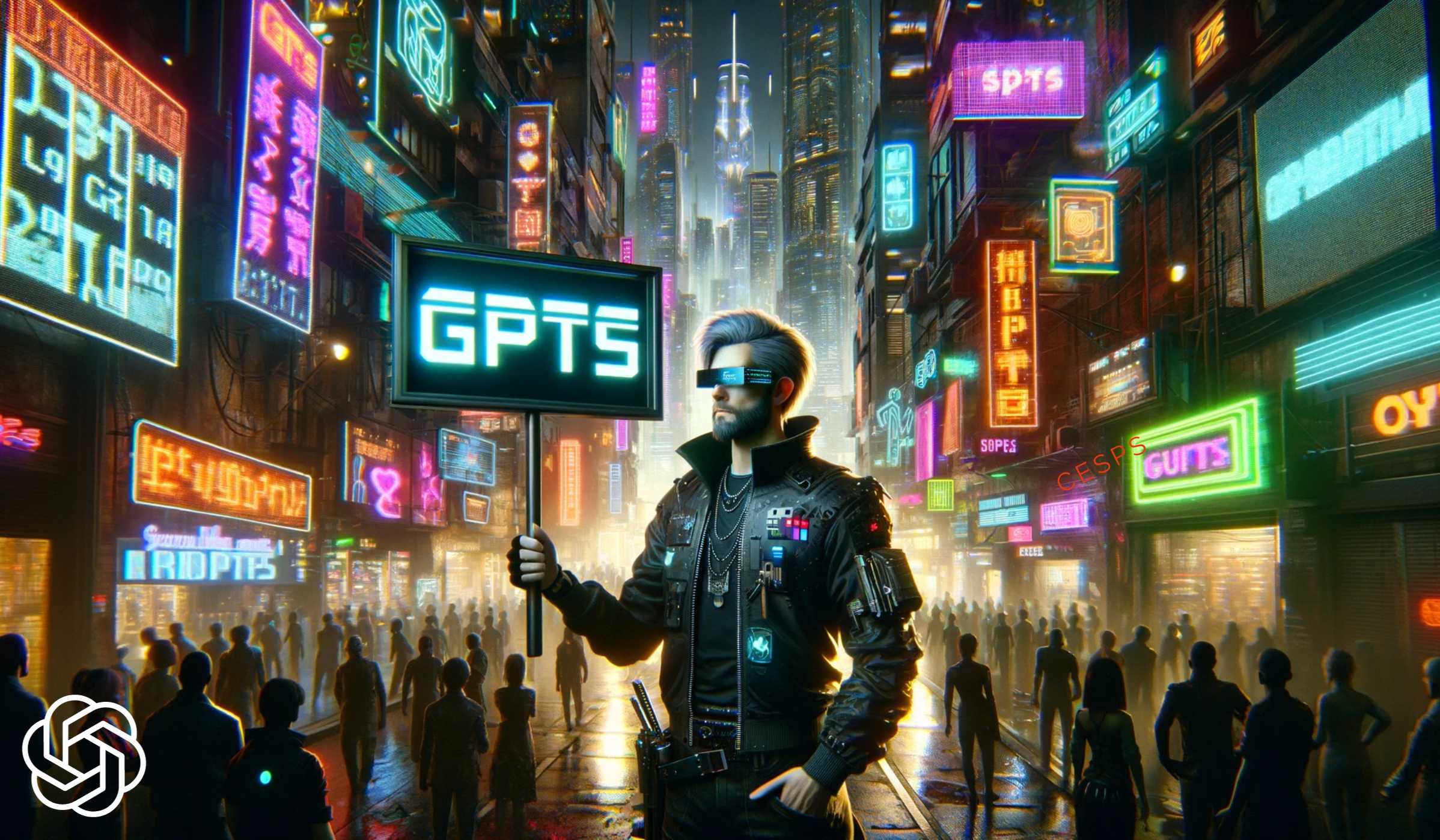
Real-World Applications
- Virtual Tutors and Mentors: GPTs serve as virtual tutors, guiding students through complex subjects and offering personalized assistance.
- Language Learning Companion: They provide a supportive environment for practicing and learning new languages through simulated real-life interactions.
- Study Buddy for Exam Preparation: GPTs aid in exam preparation by offering comprehensive explanations, quiz sessions, and study tips.
- Interactive Storytelling and Gamification: They enhance creativity and problem-solving skills through immersive narratives and game scenarios.
- Feedback and Grading Automation: GPTs can automate grading processes, freeing up educators to focus on other crucial aspects of teaching.
- Educational Content Generation: They assist in generating high-quality content for lectures, study materials, and assessments.
Using GPTs for Personal Development
Empowering Self-Improvement
Generative Pre-trained Transformers (GPTs) are becoming a powerful tool in the realm of personal development. They offer a range of prompts and exercises that can guide individuals in self-reflection, goal setting, and skill enhancement.
Key Strategies
- Core Value Identification: GPTs can help you identify and articulate your core values, which in turn shape your decisions and actions. For example, if integrity is a core value, it influences you to make the right choices, even in challenging situations.
- Habit Evaluation and Improvement: They assist in analyzing your daily habits, identifying which ones are beneficial and which need improvement. For instance, reducing time spent on social media to enhance productivity.
- Goal Setting for the Future: GPTs can guide you in setting clear, achievable goals for different timeframes, whether it’s starting a business in five years or learning a new skill in the next few months.
- Practicing Gratitude: They encourage the practice of gratitude, helping you focus on the positive aspects of your life and improving mental well-being.
- Personal Growth Exercises: GPTs provide various exercises for personal growth, such as writing prompts, reflective questions, and scenario-based challenges.
Enhancing Life and Career
- Virtual Coaching: GPTs can act as a virtual coach, offering guidance and support in your personal and professional development journey.
- Skill Development: They can suggest resources and exercises for skill enhancement in areas like communication, leadership, and emotional intelligence.
- Mental Health Support: GPTs can provide exercises and prompts that support mental health, such as mindfulness practices and stress management techniques.
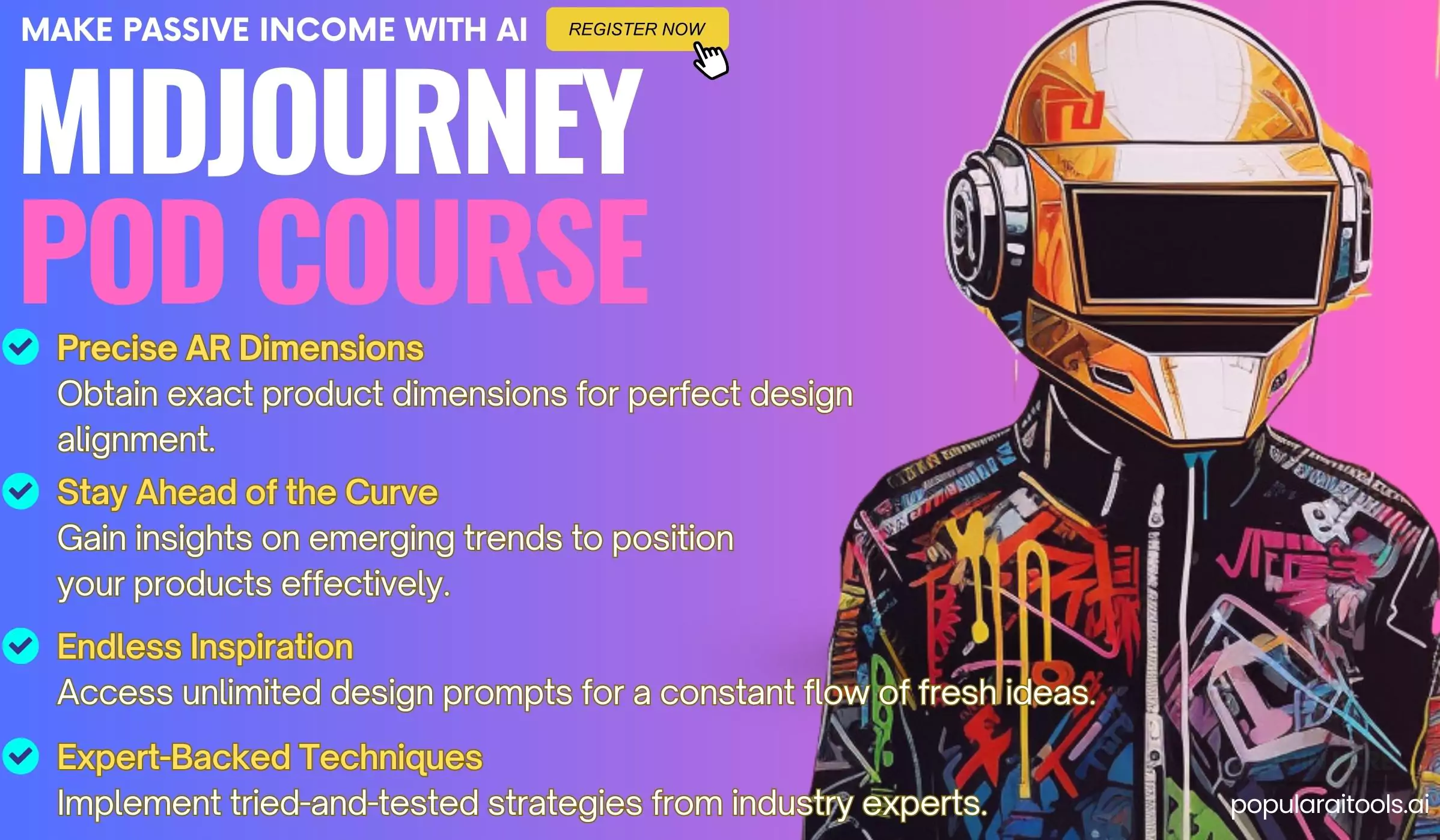
Conclusion: The Future of AI is Customization
As we’ve explored through these 20 key instructions, the future of AI, particularly in the realm of Generative Pre-trained Transformers (GPTs), is deeply rooted in customization. The ability to tailor AI to specific needs and challenges is what will drive its effectiveness and relevance in the coming years.
Harnessing the Full Potential of GPTs
The versatility of GPTs lies in their adaptability. From enhancing domain-specific knowledge to creating immersive learning experiences, the potential applications are as diverse as they are impactful. By customizing GPTs, we can unlock new levels of efficiency, creativity, and insight, making AI an even more powerful tool in our digital arsenal.
A Call to Action for Innovators and Developers
The journey of mastering GPT customization is ongoing and requires continuous learning, experimentation, and innovation. As AI continues to evolve, so too must our approaches to leveraging its capabilities. We stand at the threshold of a new era in AI, where customization is not just an option but a necessity for staying ahead in an increasingly competitive and technology-driven world.
Embracing Ethical and Responsible AI Development
As we forge ahead, it’s crucial to remember the importance of ethical considerations in AI development. Customizing AI responsibly means ensuring that it serves the greater good, respects privacy, and promotes inclusivity. The future of AI is not just about technological advancement; it’s about building a future that aligns with our values and aspirations as a society.
The Road Ahead: AI Customization as a Catalyst for Change
The 20 key instructions outlined in this article are just the beginning. They serve as a roadmap for those looking to delve deeper into the world of AI customization. Whether you’re a developer, a business leader, or an AI enthusiast, the opportunities to innovate and make a difference with customized GPTs are boundless. The future is bright, and it’s powered by intelligent, adaptable, and customized AI.
Frequently Asked Questions about GPTs
What are GPTs PDF?
While the OpenAI API page doesn’t directly provide PDFs about GPTs, it offers comprehensive information and documentation on their latest models, including GPT-4. For in-depth PDF resources, one might consider academic papers or technical reports available on scholarly databases or OpenAI’s research publications.
What is GPTs Software?
GPT software refers to the implementation of Generative Pre-trained Transformers, like GPT-4, which is OpenAI’s most advanced system. It’s designed to produce safer and more useful responses, with broad general knowledge and domain expertise. This software can follow complex instructions in natural language and solve difficult problems with accuracy.
How to Use GPTs?
To use GPTs, developers can start building with a simple API call. OpenAI provides an API platform where developers can use models like GPT-3 for various applications, including interactive chatbots, text classification, and data analysis. The process involves understanding API documentation and having some level of programming expertise.
How to Access GPTs?
Accessing GPTs can be done through OpenAI’s API. Developers need to register for an API key from OpenAI, which allows them to use models like GPT-3 and GPT-4 in their applications. The OpenAI API page provides a guide for getting started, including how to make API calls.
How to Get Access to GPTs?
To gain access to GPTs, one must register for access to the OpenAI API. This involves creating an account with OpenAI, accepting their terms and conditions, and obtaining an API key. This key is then used to make API calls to utilize GPT models in various applications.
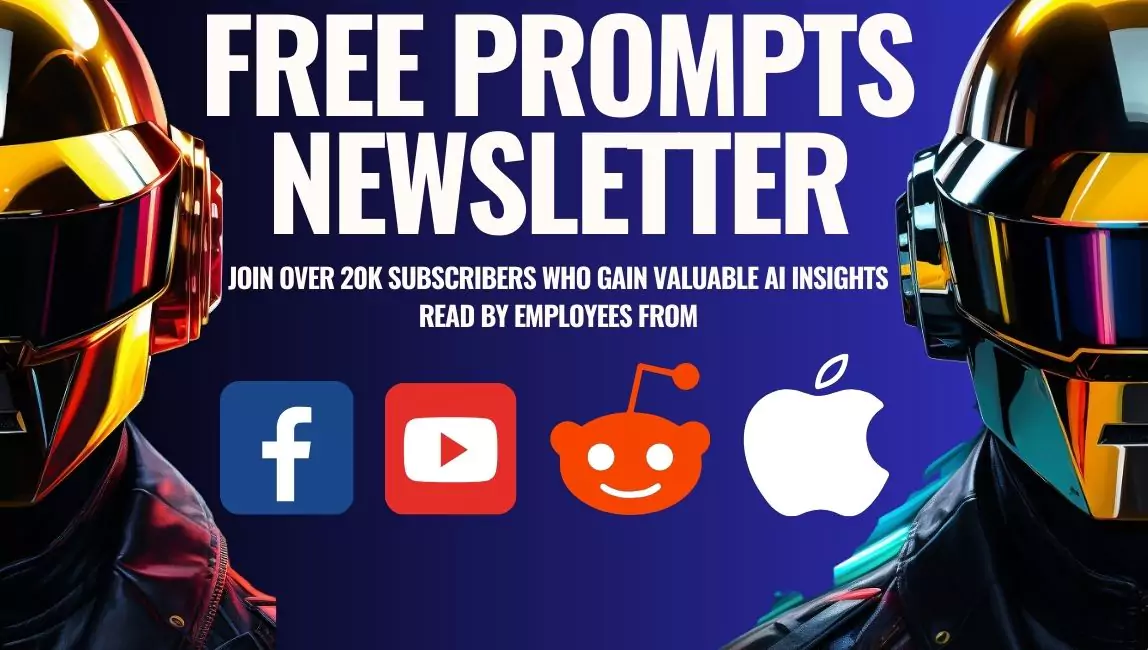
When Will GPTs Be Available?
GPT models like GPT-3 and GPT-4 are already available through OpenAI’s API platform. Developers and businesses can access these models by registering for an API key and following the provided documentation to integrate these models into their applications.
How to Build GPTs?
Building applications with GPTs involves using the OpenAI API. Developers can fine-tune models like GPT-3 on specific tasks or domains by training them on custom data. This process requires a good understanding of machine learning concepts and proficiency in programming.
What is a GPT Assistant?
A GPT Assistant refers to applications built using GPT models that function as virtual assistants. These assistants can carry out conversations in a natural and engaging manner, answer questions, and perform tasks like summarizing and synthesizing large amounts of text. They are used in various domains, including customer service, content creation, and personal assistance.
What are GPTs?
GPTs are customizable versions of ChatGPT that can be tailored for specific tasks or purposes, enhancing their utility in various scenarios.
How can one create a GPT?
Creating a GPT is straightforward and does not require coding skills. Users can start by giving instructions and extra knowledge to a base ChatGPT model and then define its capabilities.
Who can use GPTs?
Currently, GPTs are available for ChatGPT Plus and Enterprise users, with plans to extend access to more users in the future.
What is the GPT Store?
The GPT Store is a platform where users can share their GPTs publicly. It features creations by verified builders and includes a leaderboard and categories for easy navigation.
How does OpenAI ensure the privacy and safety of GPTs?
OpenAI has set up systems to review GPTs against usage policies to prevent the sharing of harmful content. Users have control over their data, and chats with GPTs are kept private.
Can GPTs be connected to real-world applications?
Yes, developers can define custom actions for GPTs by making APIs available, allowing them to integrate external data or interact with real-world applications.
What are the new features in ChatGPT Plus?
ChatGPT Plus now includes updated information up to April 2023, a simplified model picker, and the ability to attach files for document search.

